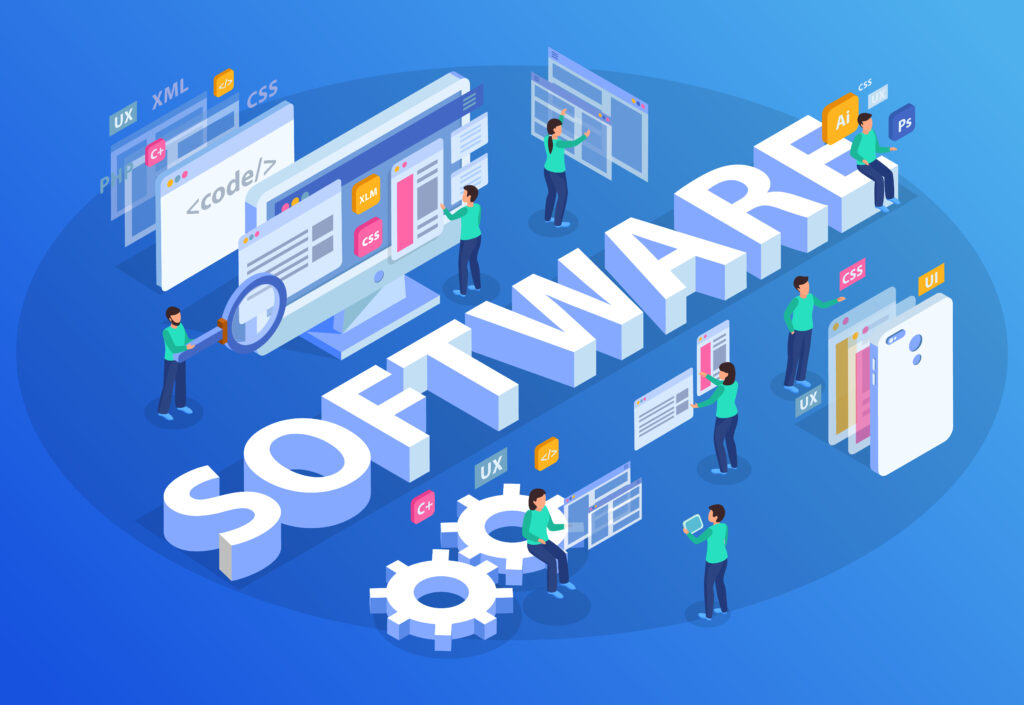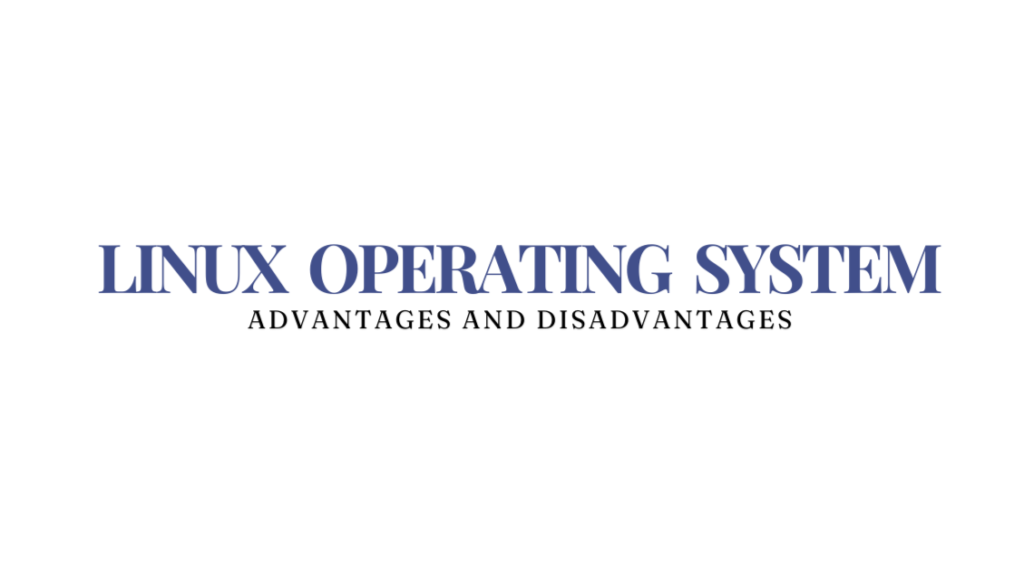Here we are going to discuss about the open source nature, advantages and disadvantages of Linux Operating System. Linux is renowned for its open-source nature, i.e it is completely free and the source code is available for free to use, modify and distribute under open-source licenses such as the GNU General Public License (GPL). Linux was created by Linus Torvalds in 1991 as a free and open-source operating system kernel. It quickly gained popularity due to its flexibility. stability and security features.
Table of Contents
Advantages of Linux Operating System:
1. Cost:
Linux is completely free operating system to download and use, making it a cost-effective option for individuals and businesses alike.
2. Customization:
Its open-source nature allows for extensive customization to suit specific needs. This level of customization allows for a tailored computing experience.
3. Multi-User Interface:
Linux is multi-user Operating System, i.e more than one user can interact with Linux Operating System.
4. Stability and Reliability:
Linux is known for its stability and reliability. The operating system is less prone crashes and malware attacks, making it a dependable choice for critical application and systems.
5. Security:
The security aspect of Linux Operating System is much stronger than other Operating Systems. The open-source nature allows to the millions of developers scrutinizing the code, identify vulnerabilities and patched, enhancing overall system security.

6. Performance:
Linux is lightweight and efficient, making it well-suited for running on a wide range of hardware from personal computers to servers.
7. Community Support:
Linux boast a large and active open source community. Users can access forum, tutorials and troubleshooting resources, fostering a collaborative and supportive environment.
Disadvantages of Linux Operating System:
1. Learning Curve:
It is not so easy to understand the Linux Operating System clearly compared to user-friendly options like Windows or macOS. It have a steep learning curve for beginners to navigating the command line and understanding the system.
2. Software Compatibility:
Linux has a limited software compatibility compared to other operating systems like Windows. Some popular software and games might not have a Linux version.

3. Hardware Compatibility:
Although Linux has improved hardware compatibility over the year, there may still be issues with certain hardware components or peripherals user need to ensure that their devices are compatible with Linux.
4. Standardization:
The open-source nature can lead to fragmentation across different Linux distribution, creating inconsistencies in user experience.
Overall:
Linux is a powerful and versatile Operating System, particularly for those who value customization, securities, stability, performance and cost-effectiveness. However, potential challenges such as hardware and software compatibility, a learning curve, limited support options and standardization should be considered when evaluating Linux as an Operating System choice.









